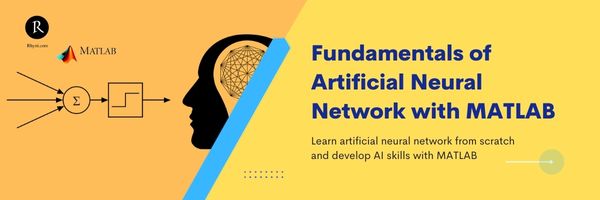Electrical engineers play a crucial role in handling the growth of AI language and generative models. Here are several key areas where their expertise is essential:
- Hardware design and optimization: Electrical engineers design and optimize hardware architectures specifically tailored for AI tasks. This includes developing specialized chips (ASICs) or optimizing existing hardware such as GPUs and TPUs to improve performance and energy efficiency for running AI models.
- Power management: Electrical engineers work on developing power-efficient systems and technologies to minimize energy consumption while running AI models. This includes designing efficient power delivery systems, optimizing voltage and frequency scaling, and developing power-aware algorithms.
- Data center infrastructure: Electrical engineers design and optimize the infrastructure of data centers to support the growing demand for AI processing. This includes designing efficient cooling systems, power distribution systems, and renewable energy integration to reduce the environmental impact of data centers.
- Signal processing: Signal processing techniques are essential for preprocessing and analyzing data used to train and run AI models. Electrical engineers develop algorithms and techniques for signal processing tasks such as feature extraction, noise reduction, and data compression, which are critical for efficient AI operation.
- Communication networks: Electrical engineers design and optimize communication networks to support the high-speed data transfer requirements of AI applications. This includes developing high-bandwidth network interfaces, optimizing network protocols for low-latency communication, and ensuring reliable data transmission.
- Security and reliability: Electrical engineers work on ensuring the security and reliability of AI systems by developing techniques for hardware-level security, designing fault-tolerant systems, and implementing robust error detection and correction mechanisms.
- Integration with IoT and edge computing: With the proliferation of IoT devices and edge computing, electrical engineers play a key role in integrating AI capabilities into these systems. This includes designing energy-efficient edge devices, developing AI algorithms optimized for low-power and resource-constrained environments, and ensuring seamless integration with cloud-based AI infrastructure.
Overall, electrical engineers contribute their expertise in hardware design, power management, signal processing, communication networks, security, and reliability to address the challenges and opportunities presented by the growth of AI language and generative models. Their interdisciplinary skills are essential for developing efficient and reliable AI systems that can meet the demands of various applications and industries.
